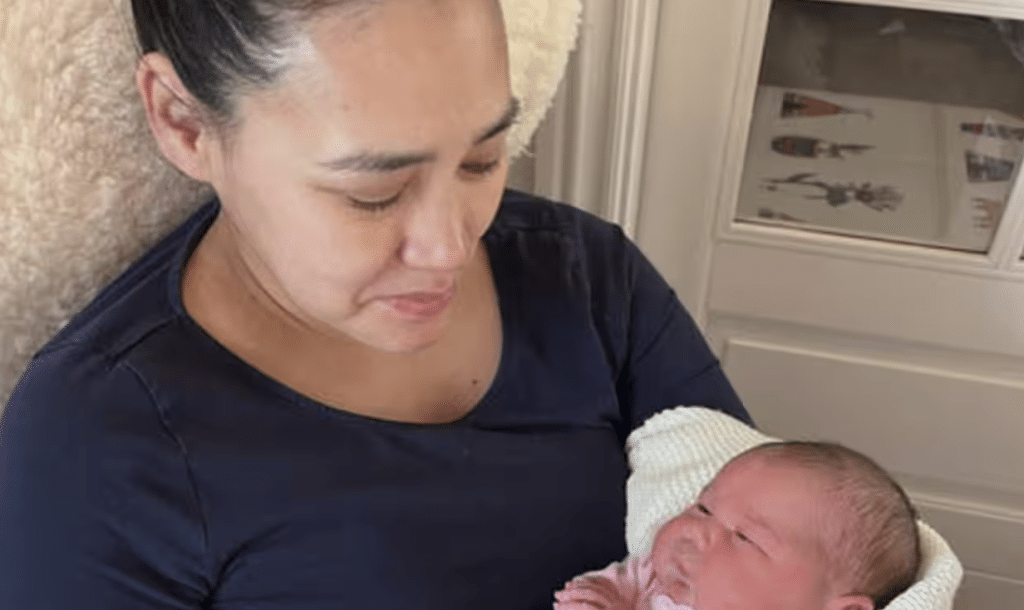Outrage has ignited in Denmark over the case of Keira Alexandra Kronvold, a Greenlandic woman whose baby was taken just two hours after delivery. Activists assert that the “parenting competency” tests used to justify the removal are discriminatory against Greenlandic people and other minorities.
The controversial psychometric assessments, known as forældrekompetenceundersøgelse (FKU), are commonly employed in Danish child protection investigations. However, human rights organizations have long criticized them as culturally inappropriate for Greenlandic parents.
Kronvold’s case has reignited debate and sparked demonstrations in both Copenhagen and Nuuk, Greenland’s capital. Aqqaluaq B Egede, Greenland’s minister for children, met urgently with Danish social affairs minister Sophie Hæstorp Andersen last week to address the issue. While Andersen encouraged municipalities to consider halting the tests for Greenlandic families, she stopped short of implementing an outright ban.
Statistics reveal a stark disparity: 5.6% of children with Greenlandic parents living in Denmark are placed into care, compared to just 1% of those with Danish parents. Advocates argue that the FKU tests fail to account for language barriers and cultural differences, putting Greenlandic parents at risk of unjust assessments.
Louise Holck, director of the Danish Institute for Human Rights, called for an immediate suspension of the tests for Greenlandic parents until they can be adapted to Greenlandic language and culture. A 2022 report from the institute warned that the tests’ lack of cultural consideration could lead to erroneous conclusions about cognitive abilities, with “far-reaching consequences” like forced child removal.
Kronvold, who was subjected to FKU tests in 2014 and recently while pregnant, told The Guardian through an intermediary that she was told the assessment would determine if she was “civilised enough.” After the first test, she was permanently separated from her two older children. Now, she is permitted just one hour per week with her newborn, under close supervision.
“I had grown up between two worlds, proud of my Greenlandic heritage yet often sidelined by a system that measured my value through a lens that barely recognised our culture,” Kronvold shared. Her case file cited her Greenlandic background as a hindrance to preparing her child for necessary social expectations and codes in Danish society.
Tina Naamansen of Sila 360, an Inuit legal rights group, emphasized that Kronvold’s experience is “one case out of many.” Other advocates echoed that parental competence investigations frequently result in forced adoption and child alienation for Greenlandic families in Denmark.
Thisted municipality officials stated they are aware of the interest in Kronvold’s case and assured they always prioritize the child’s best interests while following applicable laws. However, in the absence of alternative tools, they will continue using the FKU tests.
As protests continue and calls for change grow louder, the fight for fair treatment and protection of Greenlandic families’ rights in Denmark’s child welfare system remains ongoing.

